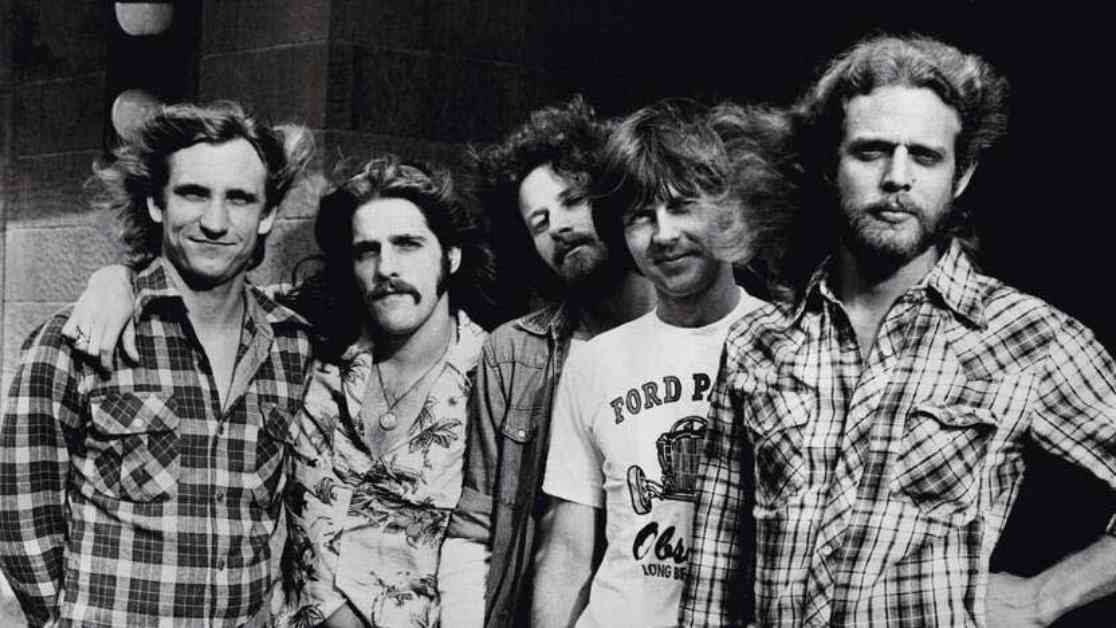The Eagles’ Controversial Song: A Warning Misinterpreted as Celebration
In the summer of 1976, the Eagles were at the peak of their success while working on their iconic album, Hotel California. The band had already achieved great fame and fortune, with tensions rising among the members. When Bernie Leadon, one of the co-founding members, left the band after disagreements over the direction of their music, the Eagles underwent a transformation. They shifted from their previous image as laid-back musicians to a more edgy and rebellious style that they described as “satanic country rock.”
Glenn Frey and Don Henley, the primary songwriters of the band, had different musical influences and aspirations. Frey, a Detroit native enamored with rock and roll, found himself drawn to the outlaw persona associated with the genre. Henley, on the other hand, was more interested in fame and success rather than a specific musical style. Together, they propelled the Eagles to new heights, aiming to be mentioned in the same breath as legendary bands like the Rolling Stones and Led Zeppelin.
With the addition of Joe Walsh, a seasoned rocker known for his work with the James Gang, the Eagles embraced a more authentic rock sound. Walsh’s presence infused the band with energy and a rebellious spirit, leading to the creation of hit songs like “Life In The Fast Lane.” The track showcased a departure from their earlier folk-influenced sound to a more dynamic and electrifying rock vibe.
Walsh’s wild antics and love for partying added a new dimension to the Eagles’ dynamic. From chainsawing doors in hotel rooms to indulging in cocaine-fueled escapades, Walsh brought a sense of unpredictability and excitement to the band. His carefree attitude and penchant for living life on the edge mirrored the fast-paced lifestyle portrayed in their music.
Despite the outward image of glamour and excess, the Eagles’ lyrics often carried a deeper message. Songs like “Life In The Fast Lane” hinted at the darker side of the rock and roll lifestyle, with references to drug use and its consequences. While some fans embraced the song as an anthem of freedom and rebellion, others, like Felder, struggled with its themes due to personal experiences with substance abuse.
As the Eagles continued to tour and perform, their reputation for excess and indulgence grew. Stories of hotel room destruction and wild parties with celebrity friends like John Belushi and Dan Aykroyd added to their mystique. The band’s ability to push boundaries and defy expectations made them a force to be reckoned with in the music industry.
In retrospect, the Eagles’ legacy is a complex tapestry of rock and roll mythology, blending fame, fortune, and the pitfalls of excess. Their music continues to resonate with audiences around the world, capturing the essence of life in the fast lane and the price that comes with living on the edge. The Eagles’ enduring appeal lies in their ability to reflect the highs and lows of the human experience through their timeless songs and electrifying performances.


